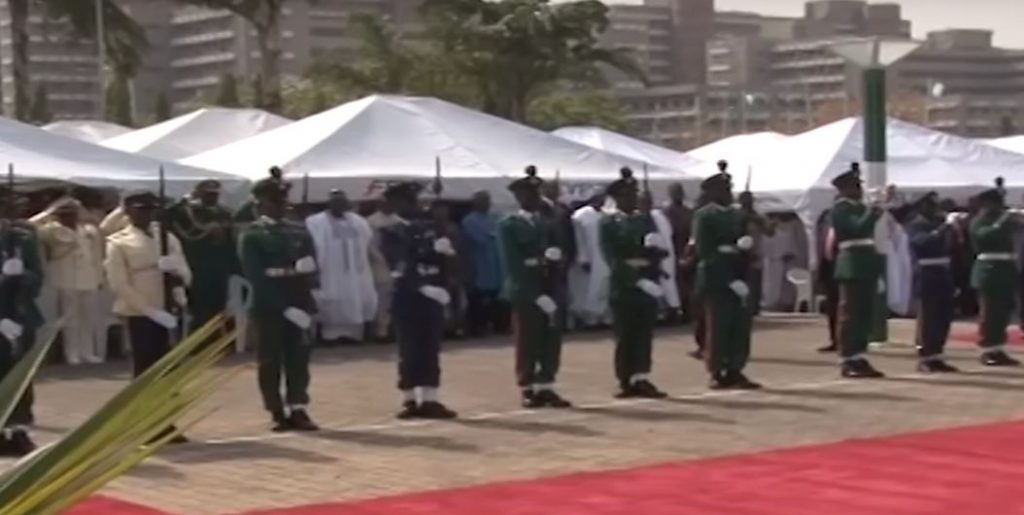50 years do sound like a long time, but to so many people, including the leader of the indigenous people of Biafra (IPOB), Nnamdi Kanu, it still feels like yesterday. The Armed Forces Remembrance Day is done in unison in Nigeria annually and 2020 is no exception. However, Biafran freedom fighters continue to lead secession movements.
The IPOB leader also wants people to be accountable for the events of the civil war in the mid-60s. The Civil War in Nigeria ended 50 years ago today, and here is a summary of events that defined the war and why the remembrance day is important.
The Blockade
In order to have full control of the just-founded and vibrant oil business in Nigeria, the Nigerian government deterred a signed agreement called the ‘Aburi Accord’. The agreement was supposed to keep Nigerian regions from warring against each other.
Biafra was created a few days after the regions in Nigeria were carved. They did what they could to secure the oil routes with oil companies operating within its borders. When they seemed to have succeeded with Shell-BP the Federal Government included oil in the blockade. This time Biafra began to fail as foreign companies participated in the blockade, leaving Biafra in a crossfire.
The British government did very little to help the course of the Biafrans, due to their interest in the oil at the time. They were the suppliers of weapons and armory to the Federal Government forces. The Soviet Union also took part in the supply of weaponry.
The Starvation and Support
Following the blockade, there was a terrible food shortage. This led to the problem of Kwashiorkor, and subsequently the death of close to 2 million Biafrans.
France backed up Biafra with weapons as well as with mercenary fighters and branded the fight a noble cause. French doctors and French Red Cross took to hospitals to alleviate Biafra.
There were also organized strategies by American Communities to keep Biafra alive. Volunteer organizations stepped in supplying food and medicine via airlifts.
The Genocide and Black Thursday
Over 100,000 Igbos were killed within a short period with the sole intention of eliminating the Igbo tribe. This was clearly stated by the Nigerian military.
Worldwide Protesters
Bernard Kouchner, a French doctor who led a team of doctors publicly criticized the Nigerian government. He requested a response from the French Government concerning the situation.
The US was neutral in the issue but participated with the persuasion of volunteer organizations in the supply of food. Richard Nixon did what he could and called for peace talks while paying attention to the gains in supporting the Nigerian government.
With images having surfaced, several protesters took to the streets in Hague, Netherlands, to protest the killing and starvation of Biafran children. American photographer and student of Columbia University, Bruce Mayrock, set himself on fire in protests against genocide targeted on Biafrans.
Until 2020, the Armed Forces Remembrance Day in Nigeria is still compounded with bias, partiality, and confusion as people question who exactly is being remembered. Is it a mockery to the starved and murdered Igbos or an honor to the fallen heroes.
Follow us on Facebook and Twitter for new posts on Africa and Business in Africa.
